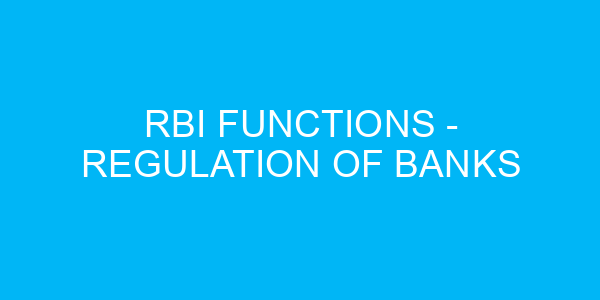31. Which of the following is not a function of the RBI in relation to the government’s debt management?
a) Determining the interest rates on government bonds
b) Conducting primary auctions of government securities
c) Managing the government’s foreign exchange reserve
d) Advising the government on borrowing requirements
e) None of the above
32. The RBI has the authority to impose capital adequacy requirements on non-banking financial institutions (NBFCs) to ensure their financial stability. True or False?
33. The RBI plays a key role in promoting financial stability and cooperation among central banks at the international level. True or False?
34. Which of the following is not a responsibility of the RBI in relation to currency management?
a) Issuing and circulating currency notes
b) Managing the minting and supply of coins
c) Counterfeiting detection and prevention
d) Setting exchange rates for foreign currencies
e) None of the above
35. The RBI regulates and supervises cooperative banks in addition to commercial banks. True or False?



